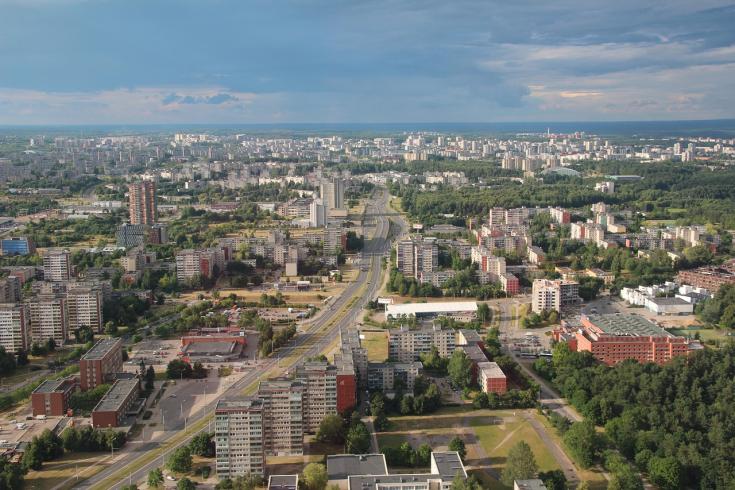Lithuania and its Forest-Based Industry
Lithuania, nestled in the Baltic region of Northern Europe, is a country characterized by its vast natural landscapes, with forests covering approximately 33% of its total territory. These woodlands are not only a symbol of natural beauty but also a crucial economic asset, forming the backbone of the country’s forest-based industry. This sector plays a vital role in Lithuania's economy, contributing to rural development, job creation, and sustainable growth.
The forests of Lithuania are diverse, primarily consisting of pine, spruce, and birch trees, which are well-suited for both timber production and ecological preservation. The structure of Lithuania's forests is carefully managed to ensure sustainable harvesting and reforestation practices. This approach not only maintains biodiversity but also supports long-term productivity in wood-based industries. Sustainable forestry practices are strictly regulated by national policies that prioritize environmental conservation, efficient resource management, and compliance with international standards.
The forest-based industry in Lithuania is a highly integrated sector that includes timber harvesting, wood processing, paper production, and the manufacturing of wood-based products. Sawmills, pulp mills, and furniture manufacturers represent key components of this industrial landscape, producing goods for both domestic consumption and international export. Lithuania’s wood products are highly valued in European markets for their quality and sustainability, making the country a significant player in the global supply chain of timber and wood-based materials.
A notable feature of Lithuania's forest-based industry is its alignment with the principles of the circular economy. This approach emphasizes resource efficiency, waste minimization, and the sustainable use of raw materials. Wood by-products from sawmills and paper production are repurposed for energy generation, particleboard production, and biofuel. This strategy not only reduces waste but also enhances the sector's economic resilience and environmental footprint.
The Lithuanian government has actively supported the modernization of the forest-based industry through strategic policies and investments in green technologies. Initiatives aimed at promoting sustainable forest management, eco-friendly construction materials, and innovation in wood processing have positioned Lithuania as a leader in the Baltic region. These efforts are further supported by adherence to European Union standards for environmental sustainability and climate action.
Lithuania's forest regions are also central to local communities, providing economic opportunities and supporting rural development. Small and medium-sized enterprises (SMEs) dominate the landscape, often combining traditional craftsmanship with modern technologies to produce high-quality wood products. These SMEs contribute significantly to local economies while maintaining a commitment to sustainable practices.
Overall, Lithuania’s forest-based industry is a model of sustainable growth, balancing economic development with environmental stewardship. Through innovative policies, strategic investments, and a deep commitment to sustainability, Lithuania continues to strengthen its position as a key player in Europe’s green economy.

